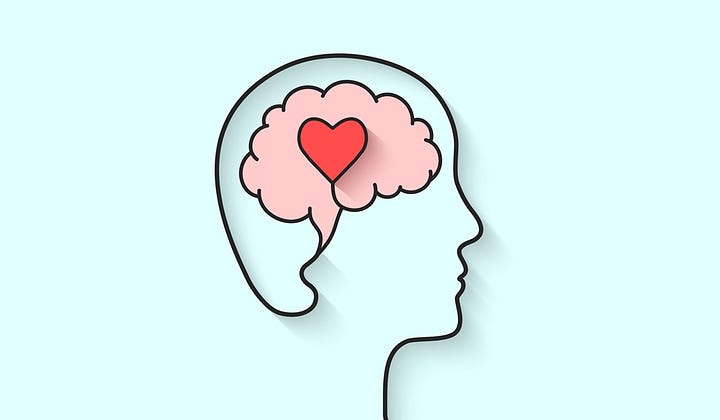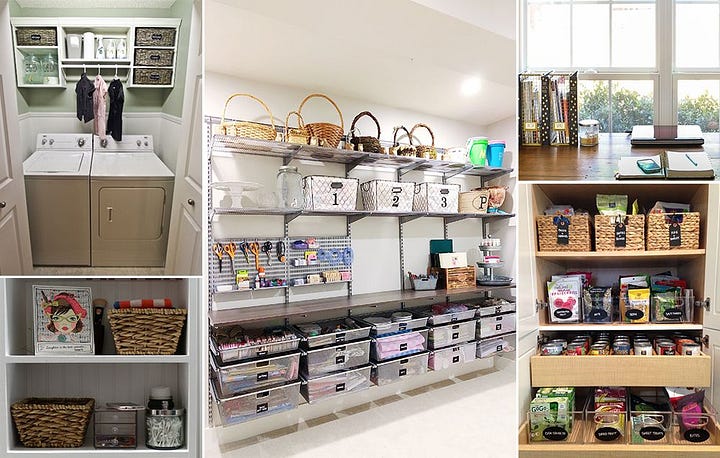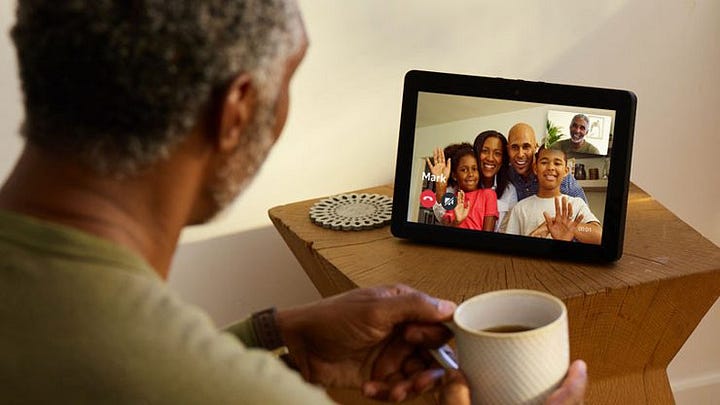9 Simple Tips To Help You Subsis Any Anxiety, Distress Or Concern related To The Corona Virus (COVID-19)

Discussions and concerns around the coronavirus outbreak and practicing self-isolation can be stressful and impact our mental health and wellbeing. It’s natural to feel a range of emotions, such as stress, worry, anxiety, boredom, or low mood. Many people feel distressed by the constant news and an overwhelming amount of information about the situation.
Everyone reacts differently to stressful situations. How you respond to the outbreak can depend on your background, the things that make you different from other people, and the community you live in.
Right now the whole entire world is in crisis mode. Schools and some businesses are closing, all events are canceling, some peoples lost their jobs, so this crisis causing stress for a lot of people, all different reasons.
So don’t be panic, don’t be stressful, don’t think you are alone.
Try to do the following things: it will help your mental defenses.
- Exercise

Exercise is a powerful depression fighter for several reasons. Most importantly, it promotes all kinds of changes in the brain, including neural growth, reduced inflammation, and new activity patterns that promote feelings of calm and well-being. It also releases endorphins, powerful chemicals in your brain that energize your spirits and make you feel good. Finally, exercise can also serve as a distraction, allowing you to find some quiet time to break out of the cycle of negative thoughts that feed depression.
Even if you don’t have the ability to go to a gym you can still do workouts from home. You don’t need any fancy equipments. You can do many resistance workouts with your own body weight, and get some cardio by doing things like dancing or cleaning your house.
2. Meditation
Normally, meditation is useful to practice for focusing and calming the mind. and it helps the practice of thinking deeply or focusing one’s mind for a period of time. While there are many forms of meditation, the ultimate goal is a feeling of relaxation and inner peace, which can improve mental health. And there’s a growing body of research to support that.
- It controls anxiety.
- Improves sleep.
- It helps control pain.
- Decreases blood pressure.
- It can generate kindness.
- May help fight addictions.
- You can meditate anywhere.
People practice many different forms of meditation, most of which don’t require specialized equipment or space. You can practice with just a few minutes daily.
If you want to start meditating, try choosing a form of meditation based on what you want to get out of it. and if you are new to meditation, just start by integrating ten minutes of concentration into your daily routine.
3. Take a bath

Sometimes it’s the little things in life that get us through the toughest times. According to a new study, taking a bath every day could actually help treat psychological resilience better than exercise can.
Baths were a more effective mood booster. Researchers believe it has to do with circadian rhythm, aka the body’s internal clock, which affects the functioning of our organs through temperature regulation.
Baths can elevate your mood. they can help you sleep better. A bath Can help relieve muscle pain. they burn calories. baths can relieve cold and flu symptoms. and it provides soothe irritated skin.
They can help improve heart health, contribute rewards to your brain and nervous system, joints, muscles, and bones, allow you to breathe deeper and slower, which improves your immunity. bath can help your hormones by increasing levels of serotonin, which is the chemical produced by the brain associated with happiness and well being. and it is the greatest way to relax.
In addition to that, you can make it even more enjoyable, relaxed by adding essential oils, scented candles, salts, bubbles.
4. Cook and bake

Cooking and baking can be a great way to reduce stress levels and take you to mind out the things going on in the world. cooking is found to be a positive intervention for helping the psychosocial symptoms of anxiety and depression by boosting self-esteem, social isolation, and general wellbeing.
If you living your partner or with your kids, it can be more enjoyable, because you can build closer relationships with your children. Turn off the tv and no computer, no phones while you make dinner.
This committed time in the kitchen gives everyone in the family a chance to talk about their day, learn more about each other, and build a pleasant family.
5. Watch something positive and funny.

Watching something is a real thing sometimes prescribed by therapists. However, it’s usually a self-administered opportunity to do interventional work by yourself. especially these days watching something positive or funny can be a great way to lift your emotional level.
6. Re-organizing

Being clean and organized is also essential for practicing good mental health. if you have something clutter in your home, this is the accomplishment to reorganize. you can start it as a project. you can get more ideas for printers, or on websites.
It can be more helpful to clemency your psychological resilience and loneliness.
7. Reach out to friends and family

If you have to stay in isolation, you don’t need to worry about it, take a phone call or a video call or get a google hangout or contact your friends on facetime. Especially those who live out of town whom it might be more special to talk on the phone or video.
Seeing someone’s face really can make a huge difference on a phone call. It can lift your mood and make you feel less lonely. There are lots of free video calling services you can use.
Don’t be shy about going on camera — your loved ones will really appreciate seeing you.
8. Don’t over-expose yourself to negative news

It’s important to keep informed about coronavirus but if you find that coverage is making you anxious, try and limit yourself to one reliable news source and check it only once or twice a day.
Misinformation can sometimes circulate on social media so if posts are distressing you, take a break from scrolling.
9. Try to do something new

It does not need to be more professional. Try to draw some doodles or sketches or buy a canvas and do some Acrylic paintings. Or maybe if you’re good at writing poems, try to start slowly. Maybe earlier you must be a busy person because of lots of work, home works or higher education things, etc. So I hope, this the accomplishment to try all curricular activities. Doing something meaningful each day.
These are just a few things you can do to keep your mental health during a crisis. don’t be panic. this is a good opportunity to do something new .try to eat healthily .and start cooking your meals your self. a healthy diet is constructive for a good immune system.
Please keep in mind to practice social distancing whatever possible and wash your hand no matter when.
Stay secure and healthy, all my friends!











11 Comments
You composed this post cautiously. How much data is staggering and furthermore a beneficial article for us. Continue to share this sort of articles, Thank you.Mental health in Fresno, CA
ReplyDeleteI simply needed to say this is an exquisitely formed article as we have seen here. I got some information from your article and furthermore it is a critical article for us. Gratitude for sharing an article like this.Mental Health Awareness Poster
ReplyDeleteThe great article you have posted here. This is an effective method for expanding our insight. Keep sharing this sort of articles, Thank you.Mental health services in Bakersfield, CA
ReplyDeleteYou are giving an especially valuable article here. You have portrayed all that which is actually sensible to everyone. Keep on sharing this kind of articles, Thank you.Mental health services in Simi Valley, CA
ReplyDeleteCouples therapist are people who specialize in working with couples and families. Many couples therapist work with couples who are experiencing difficulty in their relationships. Some couples therapist may also work with couples who are experiencing difficulties in their family relationships. Couples therapist can also work with couples who are experiencing difficulties in their individual relationships.
ReplyDeleteI really like your Lifestyle And Fitness Blog. Thanks to Admin for Sharing such useful information.
ReplyDeletehi
ReplyDeleteThank you for sharing such helpful tips on protecting mental health during the pandemic — they’re especially meaningful for educators managing classroom stress and uncertainty. Life Success Counseling provides compassionate support specifically designed to strengthen teachers mental health and overall emotional well-being. When the demands of teaching start to feel overwhelming, reaching out for professional guidance can make a huge difference in staying balanced and fulfilled.
ReplyDeleteExcellent post. I really enjoy reading and also appreciate your work. mental health abbotsford This concept is a good way to enhance knowledge. Keep sharing this kind of articles, Thank you.
ReplyDeleteI enjoyed reading this post. The information is presented clearly and adds real value. Thanks for sharing such thoughtful and informative content with your readers.
ReplyDeletePrivate party places in Gurgaon
Corporate party venues in Gurgaon
Rooftop Party Places In Gurgaon
Thanks for this thoughtful guide on looking after your mental health during COVID-19 — your tips are practical, compassionate, and so relevant for anyone navigating the ongoing stresses of the pandemic. Focusing on routines, self-care, and connection really does make a difference in emotional resilience and overall wellbeing.
ReplyDeleteBecause stress and isolation can also affect relationships, pairing self-care with supportive services like Singapore Relationship Counselling can help couples and families communicate better and navigate tough emotions together.
Appreciate the useful and encouraging advice!